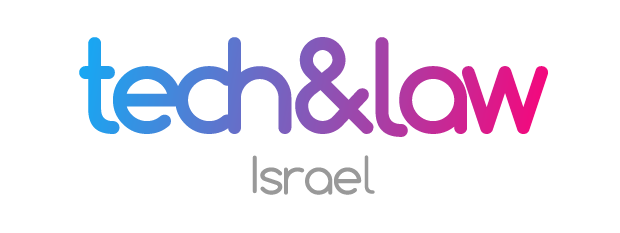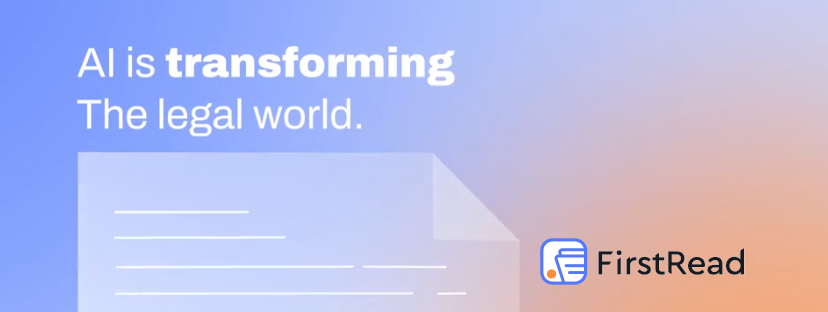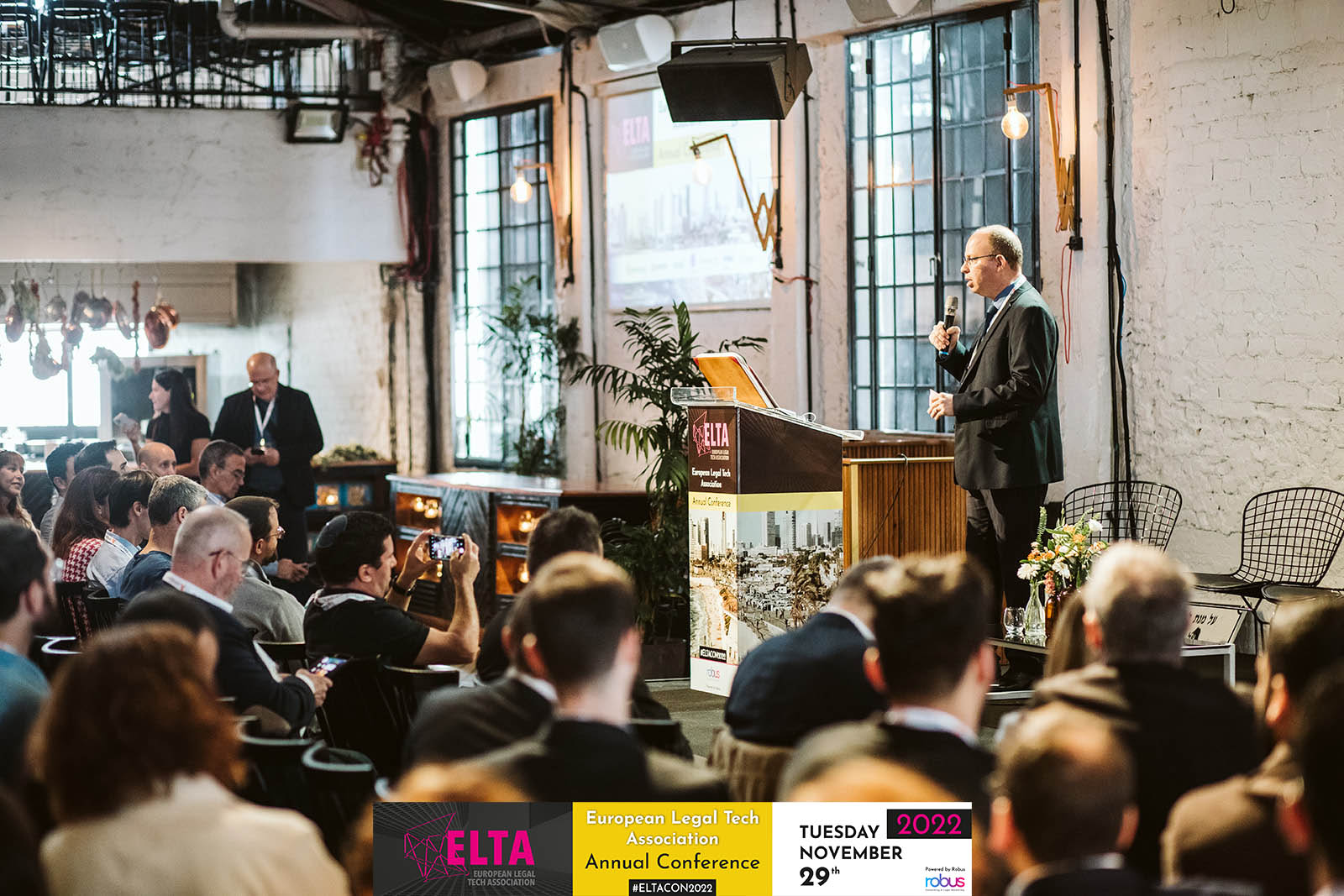
Adv. Becky Laufer Shechter
Artificial Intelligence (AI) is the legal tech tool with the capability to completely transform the legal industry. At the same time, the technology has its boundaries which need to be understood in order to implement AI in a cost effective and ethically responsible way. How can that be done? Read all about it for yourself or ask your AI tool.
As AI tech is being used more and more in the legal industry – from facial recognition software in criminal cases to document review in due diligence work – the legal industry must be aware of the constraints of the technology and its potential failures.
Three experts gathered together to discuss the parameters of the tech industry in a webinar entitled “Disruption” Law and Artificial Intelligence: The Future is Now – a webinar which was hosted by Lawgistic:
- Mollie Nichols, Head of Technology Assisted Review at Hogan Lovells US LLP
- Ana Paula Rumualdo, Head of the Digital Technologies Practice in Hogan Lovells México
- Federico Hernández, Head of the Telecommunications practice at Hogan Lovells BSTL
They had some important insights about the use of AI in the legal industry, and reflected on the LegalTech industry. Let’s dive in:
AI in the Real World
The term ‘Big data’ stands for data that is too large to be processed by a human. Today ‘big data’ is everywhere and legal cases are no exception. Big data and AI complement each other, with AI software processing, analyzing and sifting through vast amounts of data such as email caches, contracts and documents. However, it is not without its problems.
For instance, an AI recruitment system may have the power to sift through hundreds of resumes to match potential candidates – although it may continue to recommend candidates based on mere qualifications and historical tendencies, preferring middle aged white males for high level positions over minorities or females. The AI’s conclusion is perpetuating inequality.
There is a growing need to understand the potential failures of AI and try to prevent them from the source code. The Algorithmic Justice League for instance, was founded for this purpose, working to educate the public, industry workers, and policy makers about the potential ethics and legal impacts of AI usage.
The truth is – legal professionals must be hyper-aware that code is not just code. It’s written by humans with innate prejudices, hidden agendas and various beliefs that all have the potential to affect the algorithm’s ultimate results. Don’t be fooled by the magic of this extraordinary legal tech tool – it’s a man-made wonder which needs human supervision.
Artificial Intelligence – It Works
On the other hand, AI has been shown to strongly impact the legal costs to clients. According to the law firm of Hogan Lovells, it can reduce attorney billing hours and reduce overall fees to the client by 30% to 90% in most cases.
In litigation cases involving vast amounts of emails, it could be even more cost effective – reducing fees by 60% to 90%. In many cases, it just doesn’t make sense for the attorneys to be looking at every document – something that AI can do easily and time efficiently.
Ensuring the human component doesn’t get lost is key to the implementation of AI.
Law firms should pay close attention to the following when using AI systems:
- It starts at the source. From the very beginning, AI tools should be designed to be legally compliant paying close attention to privacy and ethics issues and potentially discriminatory factors.
- Protecting your firm. It is the firm’s responsibility to take appropriate legal precautions when using AI and make use of terms and liability clauses as best practice.
- Don’t wait for AI results. Even though the algorithm is designed to provide the results law firms are looking for – don’t wait for the results in order to sample the conclusions. Making it best practice to do statistical sampling in order to validate the tools used is all part of the process. Don’t allow the AI system to run rampant – do what lawyers do best – do due diligence on your AI.
Finally, regulation pertaining to the usage of AI in commercial settings is very much on the radar. The European Union (the EU) has already begun drafting its regulatory recommendations on the topic, as well several Asian countries. Regulatory measures may certainly help us navigate the new world ahead of us.
So, is AI all it is cracked up to be? Yes. But with one caveat – run and operate your AI system, don’t let the AI system run you.







